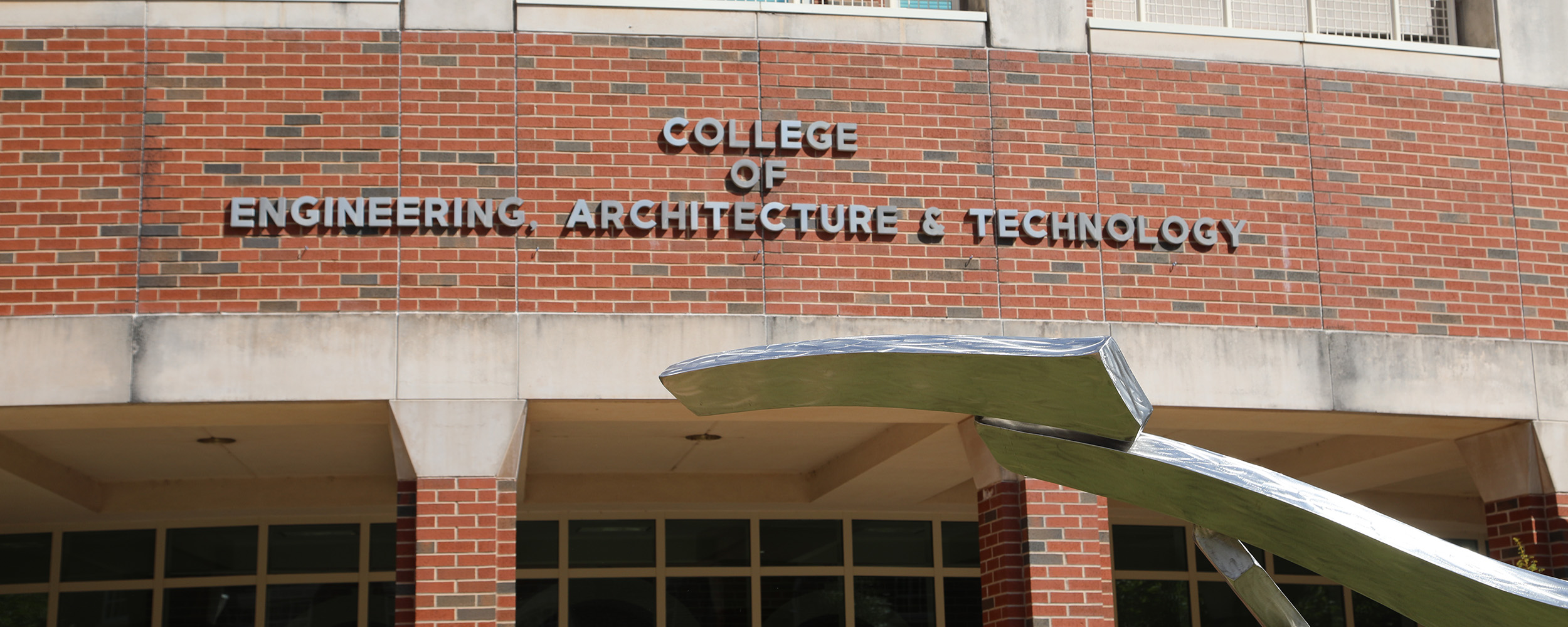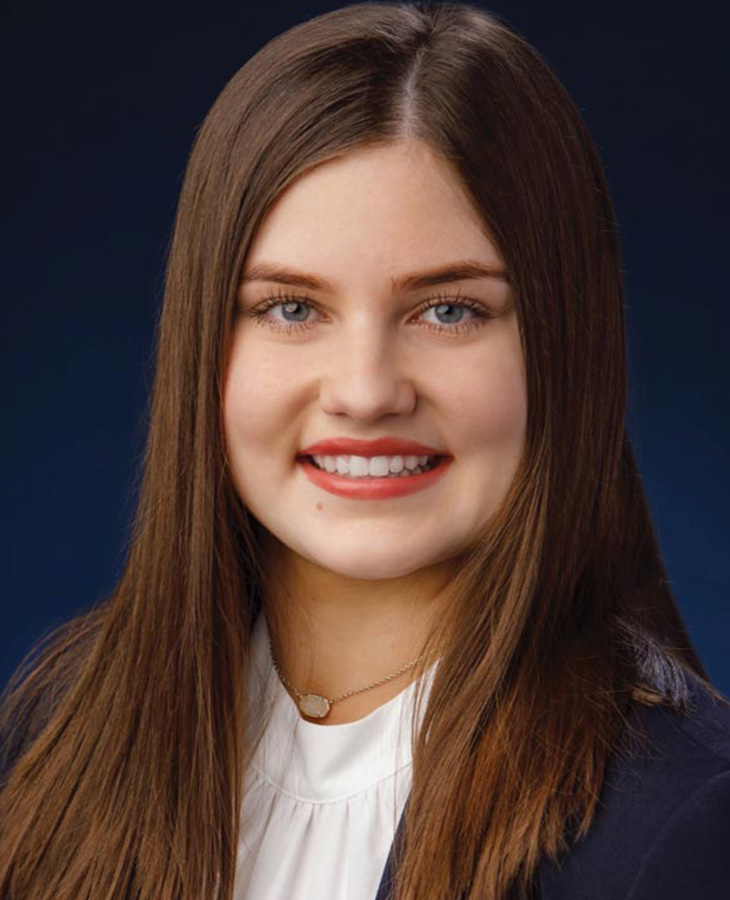
CEAT Student Spotlight: International leadership experience inspires Sherrer
Tuesday, October 22, 2024
Media Contact: Tanner Holubar | Communications Specialist | 405-744-2065 | tanner.holubar@okstate.edu
Sheridan Sherrer is a sophomore in the School of Industrial Engineering and Management who has developed a passion for making a difference in the world.
Sherrer, from Norman, Oklahoma, expects to receive her undergraduate degree in May 2027. She received the W.W. Allen Scholarship in 2023, which offers OSU engineering students more than $135,000 in scholarship and enrichment. W.W. Allen scholars receive opportunities to network with industry professionals, study abroad, receive mentorship as well as full tuition and housing to pursue a master’s degree at the University of Cambridge.
She is a member of CEAT Student Council, as well as a member of the President’s Leadership Council. In August, she became a member of the Hargis Leadership Institute’s Ambassador program and helps recruit students to join the PLC.
While studying abroad, she became involved with Wishes for Water, an initiative to raise money to support boreholes being drilled in Zimbabwe to create sustainable water sources in rural areas of the country.
Can you describe your trip to study abroad in Zimbabwe last summer?
Sheer: I traveled to Zimbabwe, Africa, with President’s Leadership Council. We stayed in the home of Tererai Trent (of the Tererai Trent International Foundation, which works to provide equation for girls in Zimbabwe and who is a partner with Wishes for Water) and learned from her. We spent multiple days in a rural village, sleeping on the ground and eating food made by a group of local women.
During the day, we visited school after school to talk with the faculty and get a feeling of what each school was like. We would get a tour of the facilities and then get to hear some of the stories of students there. Often, the students would sing for us to welcome us.
Listening to the leaders at each school compared to the next made it clear to us how good mindsets can make a major difference. One of the days in the village, we got to witness one of the boreholes be put in that I had raised money for with Wishes for Water. Since then, I have been sent a picture of the beautiful garden that school already has running using the water from the bore hole we put in place in July.

How impactful was the leadership of Tererai Trent?
Sheer: She is one of the most understanding people I know. She knows how to ask probing questions that leave people with dignity, but also teaches people. Every time she saw a child who wasn't being allowed in schools, she would have one conversation with one of the headmasters and they would be back in school by the next day. She was very wise and taught us about how important it is to only make changes that will sustainably help and not just be a short-term fix.
Can you describe the feeling of being able to see the Wishes for Water borehole being put in place for a school?
Sheer: It was a surreal experience. All the students were dancing and singing as water from
the drilling rained down on us. I was proud of my work, but more than anything, I was excited to see what they were able to do with the water. It has made me so
happy seeing the pictures of the garden that has been growing for awhile now in a
place that was just barren land.
How much do these boreholes help the schools in Zimbabwe?
Sheer: Education is not free for students in Zimbabwe. Headmasters and fathers of the households
also often choose not to send their daughters to school. Putting the boreholes in
a school allows the school to not only give the students something to drink at school, but to also create gardens. These gardens are used to feed the children and create
a sustainable source of income by selling the vegetables at markets there. The money
from the vegetables helps the school to reduce the price of enrollment and to improve
the infrastructure of their school buildings.
How important to you was the fact that these projects were sustainable and will leave an impact for years to come?
Sheer: I believe this is the most important part of our work. We aren't just mindlessly giving money but helping the community to create a lasting change. Students and their parents learn about agriculture from the gardens. The schools will keep improving with the yearly income and hopefully more women will get an education, and more students will make it to college. Tererai told us about nonprofits that give things like clothes. What this giving does is it helps for a short period of time but starts to put local shops out of business. Our boreholes will continue to help for years and years.
Will this trip influence how you look at your career after graduating?
Sheer: I think this trip has forever changed my view on giving and rural communities in Africa. From here on out I will pay more attention to the exact impact my service or money will make and try to help in a sustainable way. I also have learned a lot about how Africa is not the behind and poor place it is sometimes seen as from an American lens. There is suffering even here in America. There is such happiness in Africa, and they don't think of themselves as behind or anything like that, that is just a label we sometimes put on them. I know I want to work for a company that is helping to make a sustainable change in our community like the boreholes are in Zimbabwe!
How much did receiving the W.W. Allen scholarship help in wanting to pursue Wishes for Water or pursue anything else in your academic career?
Sheer: Receiving the W.W. Allen scholarship has helped me to do activities outside of classes such as studying abroad twice, first in Central Mexico and then in Zimbabwe this summer where I saw the Wishes for Water borehole drilled.
How much did receiving that scholarship motivate you to keep up your great work?
Sheer: Knowing I have faculty who believe in me and picked me to get such a special honor inspires me. My mission in life has always been to make a difference and improve a community, and I am thankful I have had the opportunity to go make a difference and learn from such amazing people.
